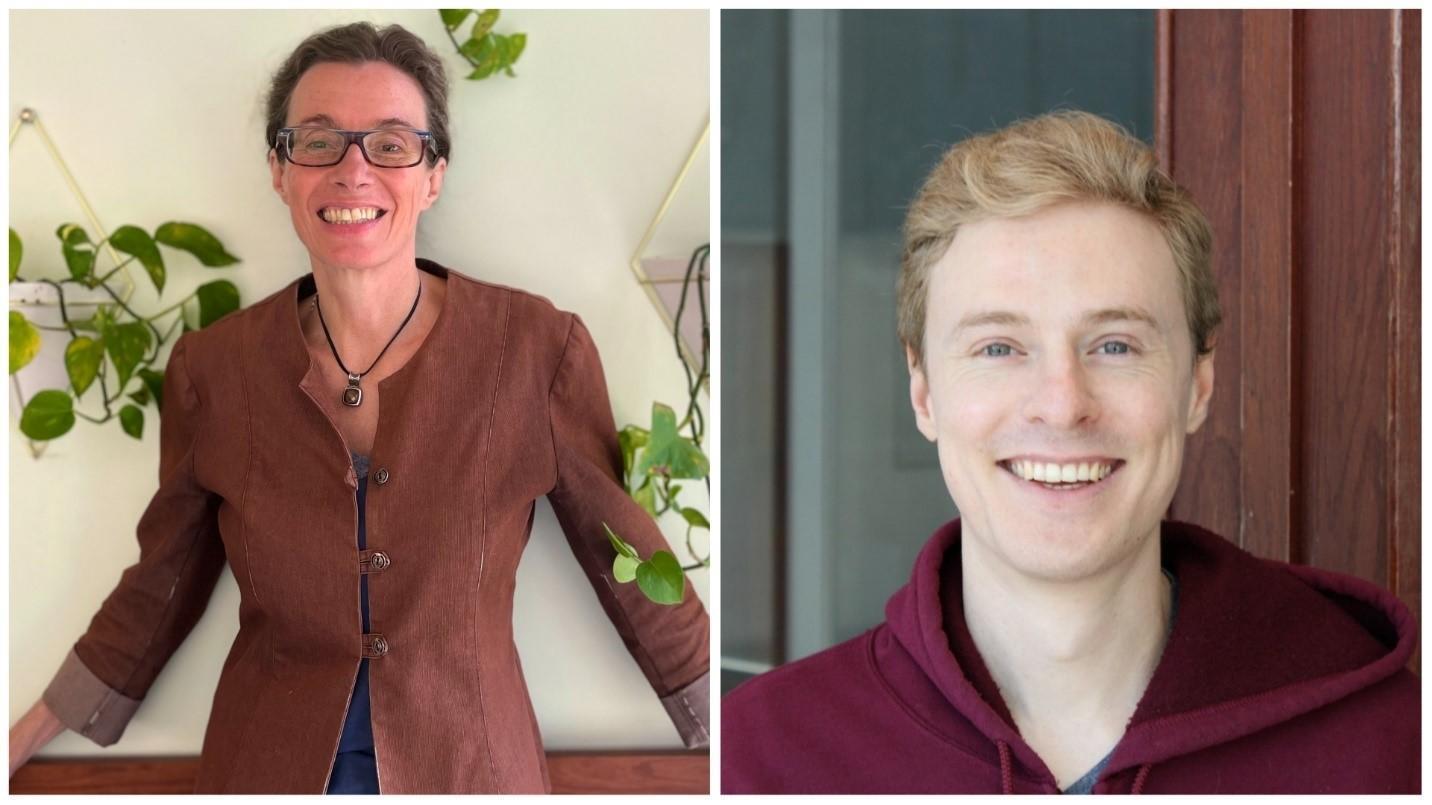In 2005, olefin metathesis — a powerful catalytic reaction utilized to form carbon-carbon double bonds — was recognized with the Nobel Prize in Chemistry for its possible impact on sustainable methodologies. In modern industry, it could significantly reduce the environmental footprint associated with the production of certain materials, green fuels, pharmaceutical drugs, and numerous other products. However, despite this potential, molecular metathesis catalysts are not sufficiently productive to be economically viable.
Professor Deryn Fogg and her research group are on a mission to enable olefin metathesis to realize its potential. They have taken an unusual approach: rather than studying how catalysts do what they’re designed for, they focus on understanding how they go wrong. Knowledge of the pathways by which the catalysts decompose, they believe, is the key to designing catalysts for longer life and higher productivity. With her PhD student Daniel Nascimento, Prof. Fogg intensively studied new catalysts that demonstrated high productivity, for reasons that were originally unknown. They discovered that this productivity lay in the immunity of the catalysts to an important decomposition pathway that limits the performance of the vast majority of metathesis catalysts. Unexpectedly, however, they found that the property that enables this immunity actually promotes a second, long-known decomposition pathway. These two pathways, long believed to be independent, are simply opposing responses to a single molecular feature. Once recognized, that second pathway is readily inhibited by standard methods. Thus, understanding the basis of immunity to the first pathway gives very powerful, general tools to design new generations of catalysts.
In 2022, Prof. Fogg obtained a Technology Convergence grant from The Research Council of Norway for her continuing cutting-edge work on catalysis, where she is looking to unify the fields of artificial intelligence (AI) and de novo catalyst design, partly building on insights into catalyst decomposition. This funding was jointly received with Professor Vidar Jensen (University of Bergen, Norway), who was central in the creation of this vision.
When asked the key to success, Daniel and Prof. Fogg agreed: “Be curious, be persistent, be excited, and trust your instincts!”
Read more:
